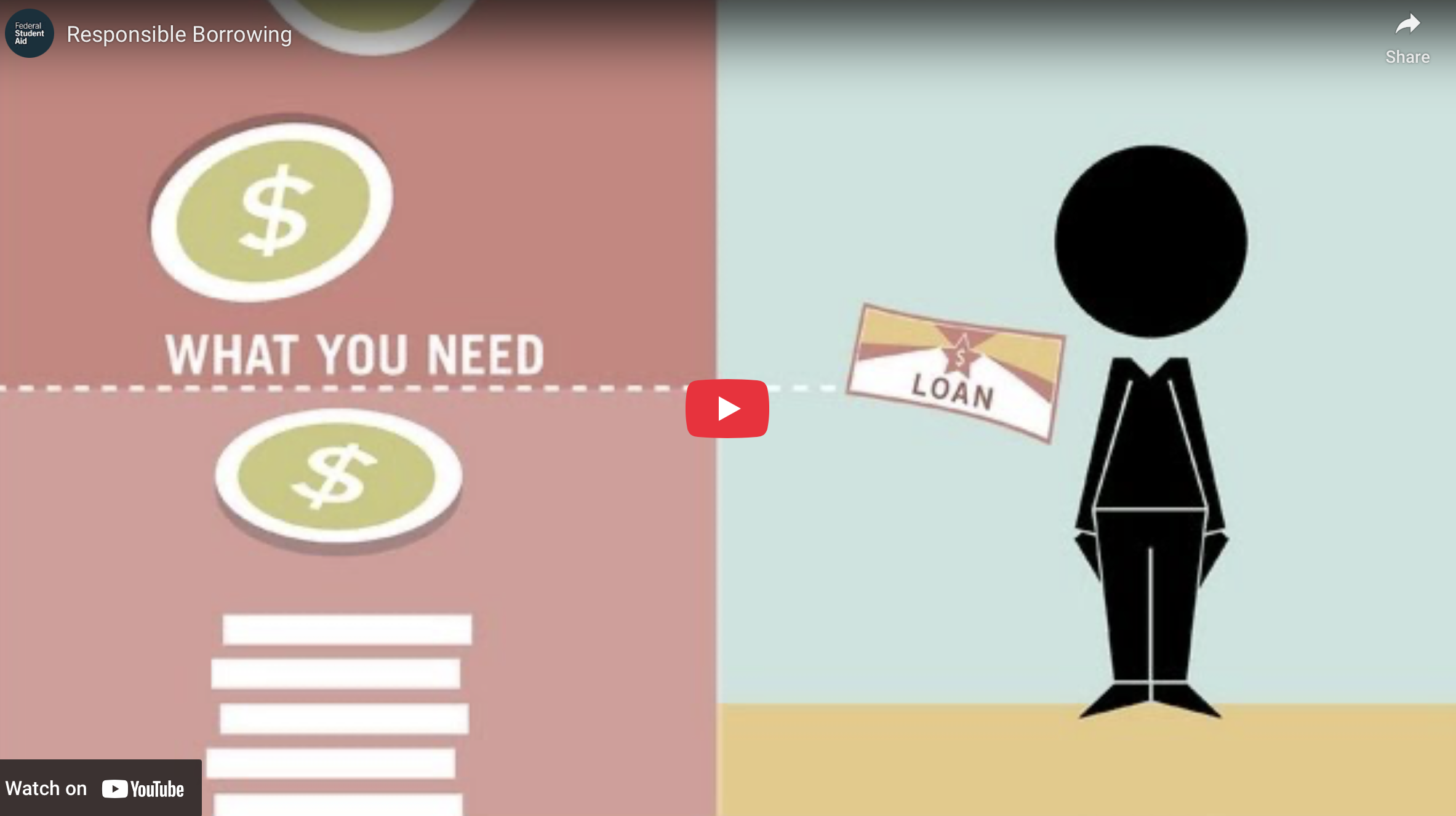Financial Aid Loans

Avoid Default
A student defaults on a federal student loan when they have not made any satisfactory payments for 270 days (about nine months). Most students default because they are unaware of their options or they have not kept their information up to date with their federal loan servicer, so they miss important information. If a student defaults, that student is no longer eligible for federal student aid AND the U.S. Department of Education can garnish their wages, federal or state tax refund, or other federal benefits such as social security.
FAQs
Stay in contact with your federal loan servicer. You can find your loan servicer by visiting the National Student Loan Data System (NSLDS). As long as you are staying in contact with your loan servicer and keeping them updated about your situation, they will be more able to assist you through the repayment process and give you options such as forbearance, forgiveness, or even cancellation.
- Change Your Payment Due Date: Do you get paid after your student loan payment is due each month? if so, contact your loan servicer and ask them to switch the date on which your student loan payment is due.
- Change Your Repayment Plan: What you ultimately pay depends on the plan you choose and when you borrowed. If you need lower monthly payments, consider an income-driven repayment plan. This type of plan will base your monthly payments on your income amount.
- Consolidate Your Loans: If you have multiple student loans, you can simplify the repayment process with a Direct Consolidation Loan. This allows you to combine all of your federal student loans into one loan and a single monthly payment.
